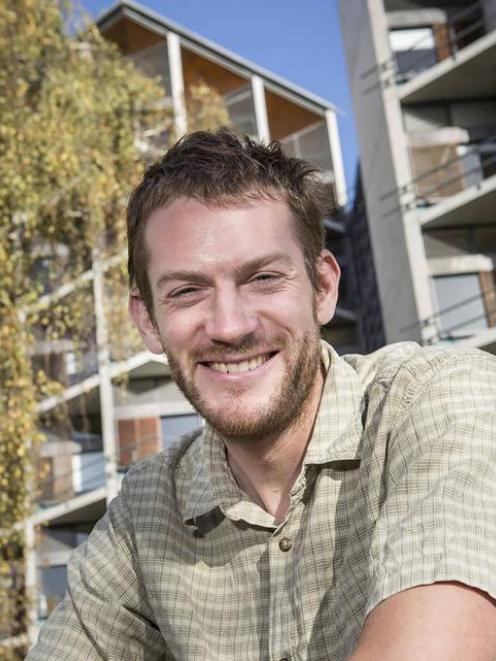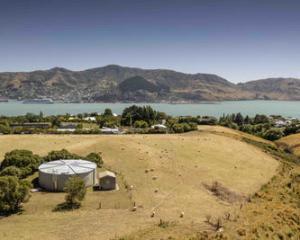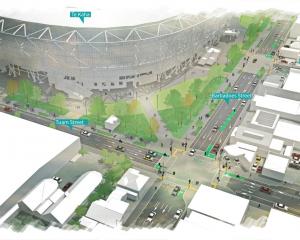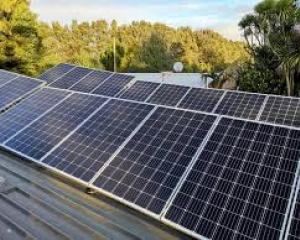
Canterbury University Professor Michael Plank told the Science Media Centre the Auckland boundary was always a stop-gap measure to delay the spread of Covid-19 to other parts of New Zealand while vaccination rates improved.
But the timing of opening up the boundary, on December 15, announced by Prime Minister Jacinda Ardern today, two weeks after the country was likely to move to the new traffic light system, meant there was a risk that new cases could be high and rising at that time.
This made it inevitable cases would crop up all over the country over the summer, Plank said.
‘‘People leaving Auckland will have to be either fully vaccinated or to test negative in the 72 hours before departure. This will reduce the number of infectious people travelling around the country but, since neither vaccination nor testing is a 100% guarantee, it won’t prevent it altogether.
"In addition, around one in five cases in the current outbreak has been in under-12s who are not eligible for the vaccine and are exempt from the testing requirement.’’
Altogether, this meant it was inevitable cases would crop up all around the country over the summer period.
‘‘Where these cases land in highly-vaccinated communities, it’s likely the virus will hit a dead end and fizzle out. But cases that find their way into under-vaccinated communities will be able to spark serious outbreaks.
"This is the reason that areas with low vaccination rates will initially be put in the red level of the traffic light system. This will feel similar to alert level 2 for people who are vaccinated, but more like level 3 for unvaccinated people who will be unable to access many non-essential services and events. This will mitigate the risk of outbreaks in low-vaccination regions but it remains to be seen exactly how effective this will be in limiting spread.’’
Vaccine passes had been successful in allowing gradual reopening in Sydney and Melbourne while bringing cases down.
Professor Nick Wilson, from the University of Otago’s department of public health, said from a public health perspective he would have liked to see persisting stronger attempts to keep the Covid-19 outbreak contained to Auckland and to stamp out outbreaks in various parts of the North Island.

"This could give the rest of the country more weeks or months to get vaccinated, to get boosters, to vaccinate 5 to 11-year-olds, to improve access to anti-viral medicines, and to make ventilation upgrades to buildings.’’
While it was ‘‘very good’’ the Government was planning on some border protection for the South Island from mid-December (vaccination or a negative test result) – it was still too weak.
It should include other requirements such as a negative rapid antigen test result at the point of boarding a flight or ferry to the South Island, he said.
“Another persisting deficit is the lack of focus on rational adjustments to the international border settings. As we have argued in a recent blog – there is a strong case for limiting MIQ for those flying into Auckland to just those from very high risk countries. For most arrivals into Auckland, the risk could be appropriately managed by testing and perhaps some period of home quarantine.’’
People may leave or enter Auckland from 15 December - if fully vaccinated or cleared by a pre-departure test.
Ardern also confirmed the rest of the country will join Auckland in moving to the traffic-light system at the same time - soon after November 29 subject to Cabinet review.
Auckland and regions with lower vaccination rates will be classed as 'Red', with the rest in 'Orange'.













